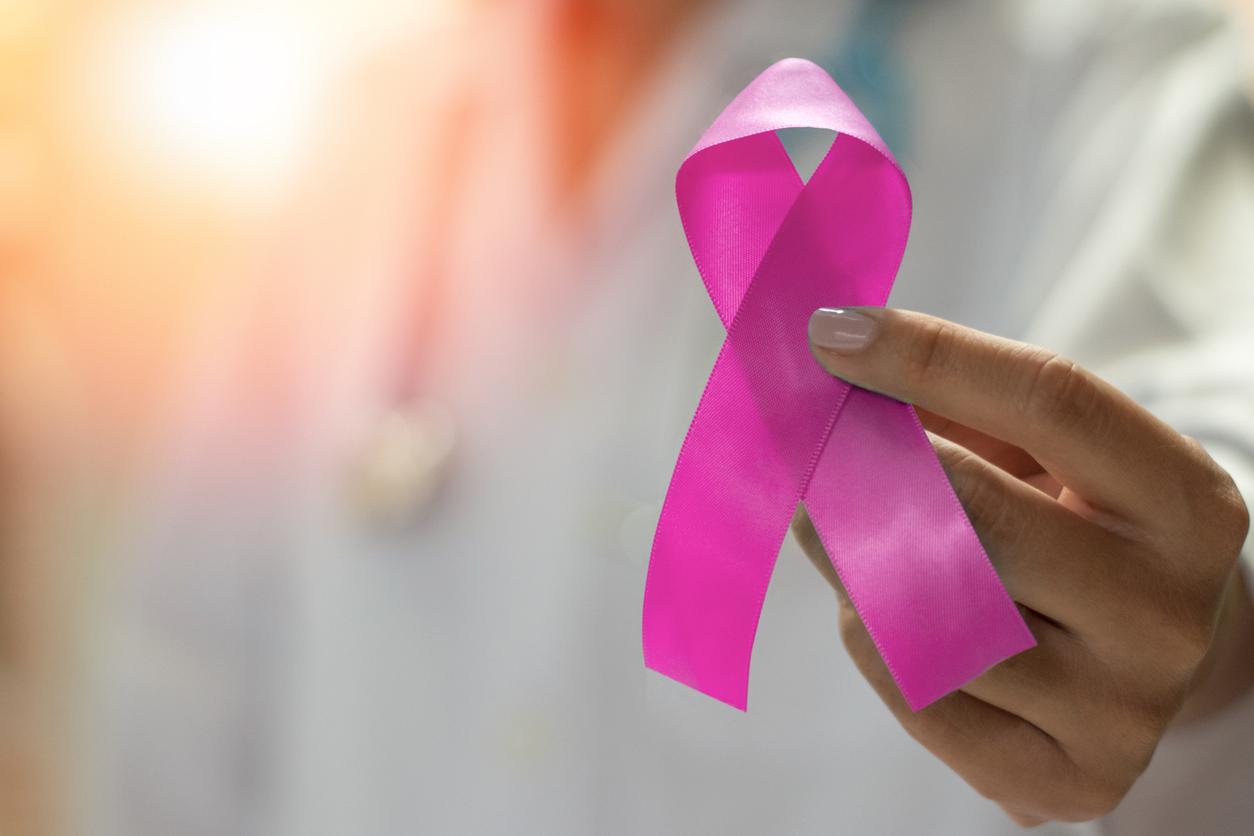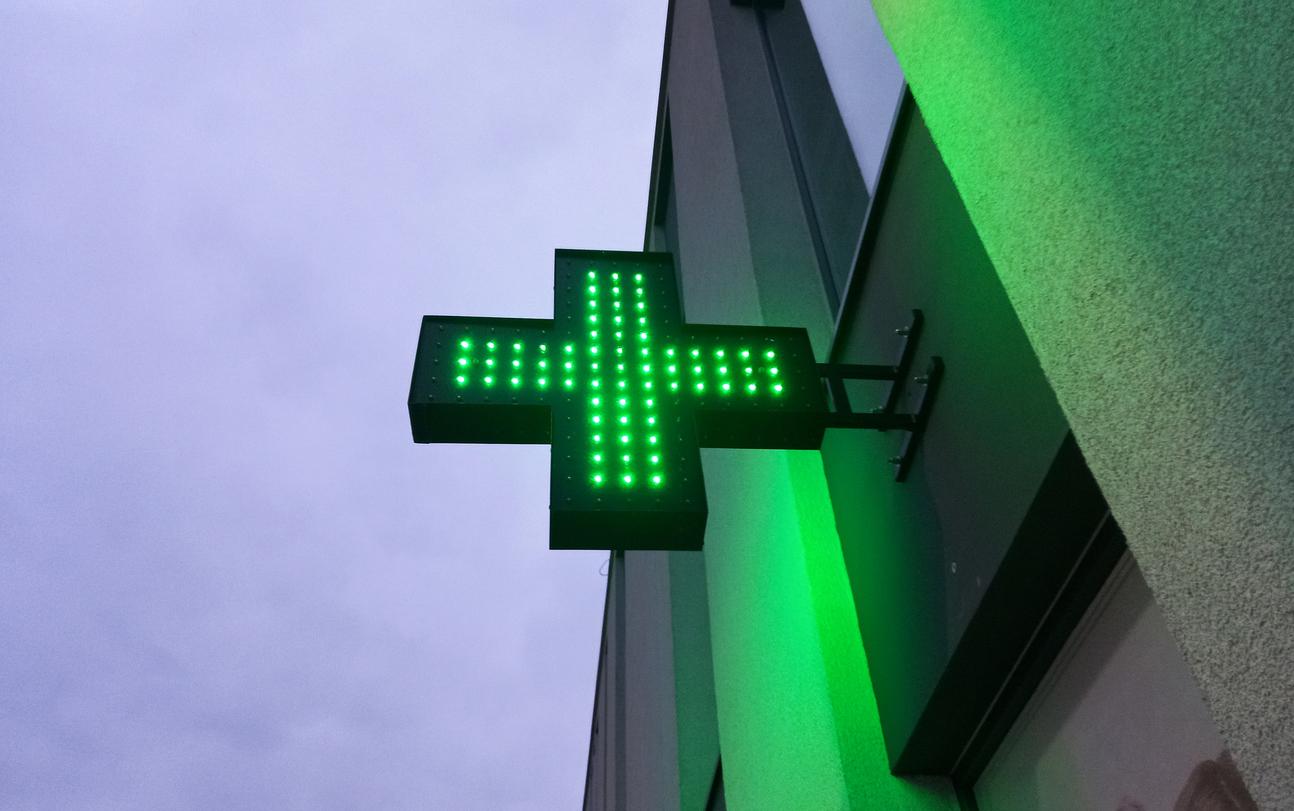To improve organized screening for breast cancer, the Ministry of Health has instructed the National Cancer Institute to organize citizen and scientific consultation.

As every year, the month of October takes on pink hues. For 11 years, “Pink October” has been an opportunity to raise women’s awareness of breast cancer screening. But it is clear that organized screening is stagnating. “After a steady progression during the first years, the screening participation rate has stabilized since 2008 at around 52% of the population invited and has experienced significant disparities depending on the territory, indicating inequalities in access to and use of device”, indicates the National Institute of Cancer (INCa) in a press release.
Faced with this pitfall, the Minister of Health asked INCa to launch a national consultation aimed at collecting as many testimonies as possible, both from the general public and from health professionals, on screening. This major investigation started this Tuesday on the internet, with the opening of the site www.concertation-depistage.fr and will end on March 15, 2016. More than twenty people, mostly citizens, have already contributed.
Three main themes
“Citizen and scientific consultation will make it possible to address a certain number of questions which are as many avenues of reflection for improving screening. Three major themes have been identified,” explains INCa. First of all, it will make it possible to raise the problem of the limits of screening such as overdiagnosis or cancers induced by mammograms, while recalling its interest, early detection of cancerous lesions in order to increase the chances of recovery.
In addition, participants will be asked about the organization of screening and will be able to suggest ways to improve it. Because, as INCa points out, between 10 and 15% of women are screened on an individual basis, outside of organized screening. “In total, therefore, nearly two-thirds of women in France are screened, but this also means that around a third do not do so, or not regularly,” notes the agency. Women and health professionals are therefore invited to share their experiences as well as their difficulties in order to understand why some women escape screening and to propose measures to make them feel concerned.
Finally, this national consultation aims to develop screening to reduce inequalities of access and the heterogeneity of practices on the territory.
Recommendations for 2016
With this initiative, Marisol Touraine wants everyone to take up the subject and enrich the debate with their ideas, comments or suggestions. All of these contributions will then be analyzed by an orientation committee. This will issue recommendations to improve organized breast cancer screening during the summer of 2016.
.

















